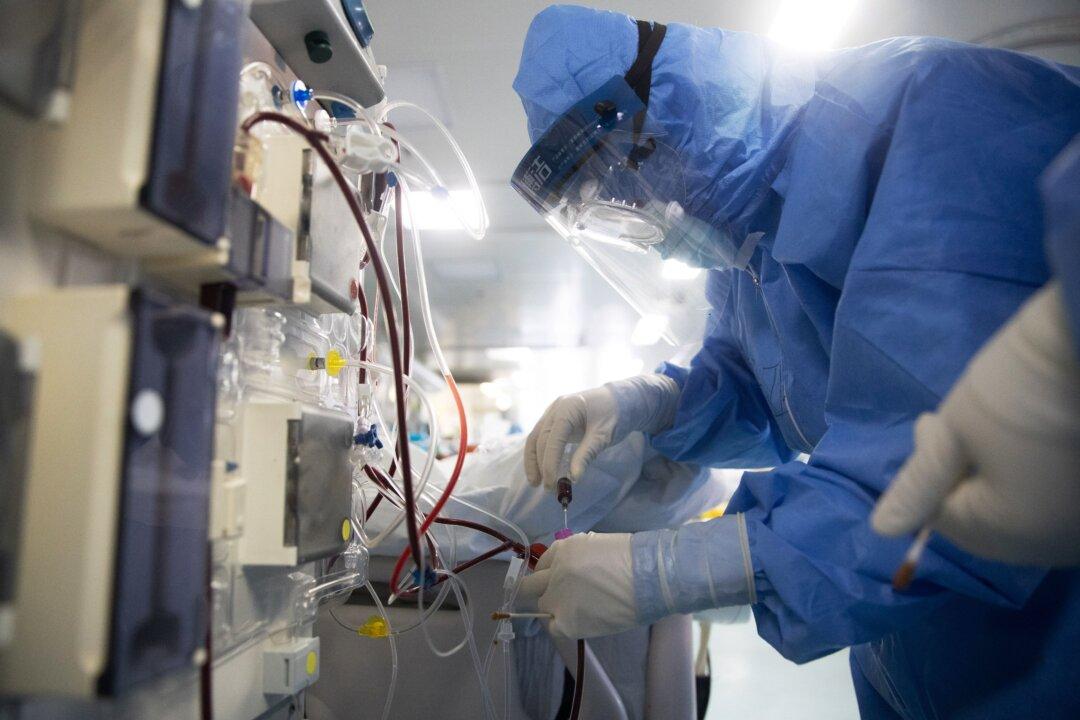The United States is looking at the use of chloroquine and another version of the treatment, hydroxychloroquine, to treat patients with COVID-19, the disease caused by the CCP virus, Food and Drug Commissioner Stephen Hahn said on Thursday.
The anti-malarial treatment has shown promise in treating patients and is already being studied as a possible COVID-19 treatment by researchers at the University of Minnesota.





